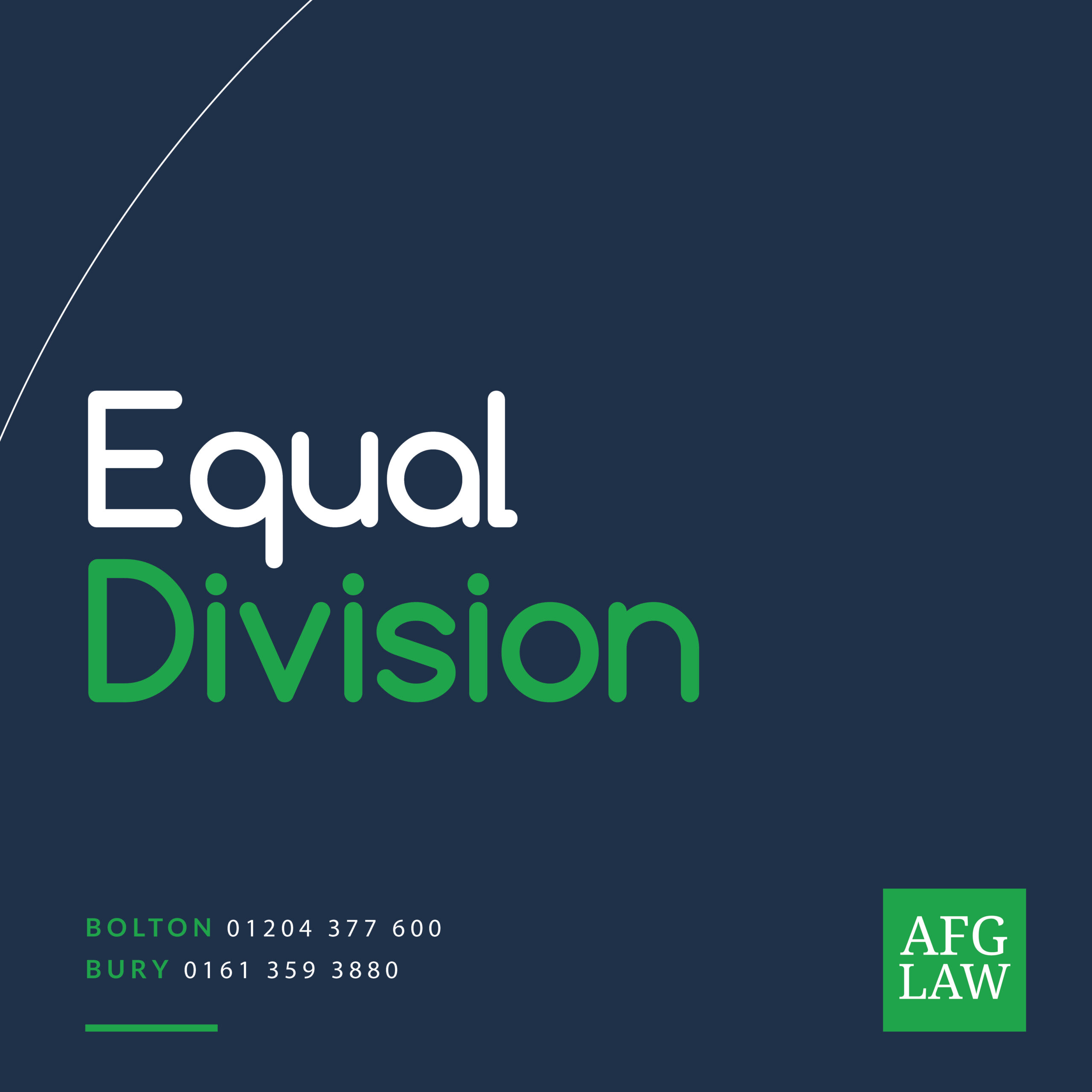You may have heard that during a divorce the finances are split 50/50 or that there is equal sharing, but the law surrounding financial settlement is far more complicated than that as it seeks to achieve a fair outcome for all divorcing couples. There can’t be a set calculation as every divorcing couple is different and decisions are made based on unique circumstances. Our specialist divorce solicitors can advise you about your particular circumstances to ensure you achieve the best possible outcome.
Sometimes- when the spouses earn similar amounts, there are no children and there is enough money to meet needs- then it may be possible for the assets simply to be divided equally. However, in other circumstances the assets may not exceed the needs of the two spouses ie there may be children or one spouse may have greater needs than the other, or they may not have the same ability as the other to earn e.g. if they are caring for the children or have a health condition. This is why the court is careful to look at all the circumstances of the case including the welfare of the children, the needs of the spouses, and the court may then award more to one spouse than the other.
